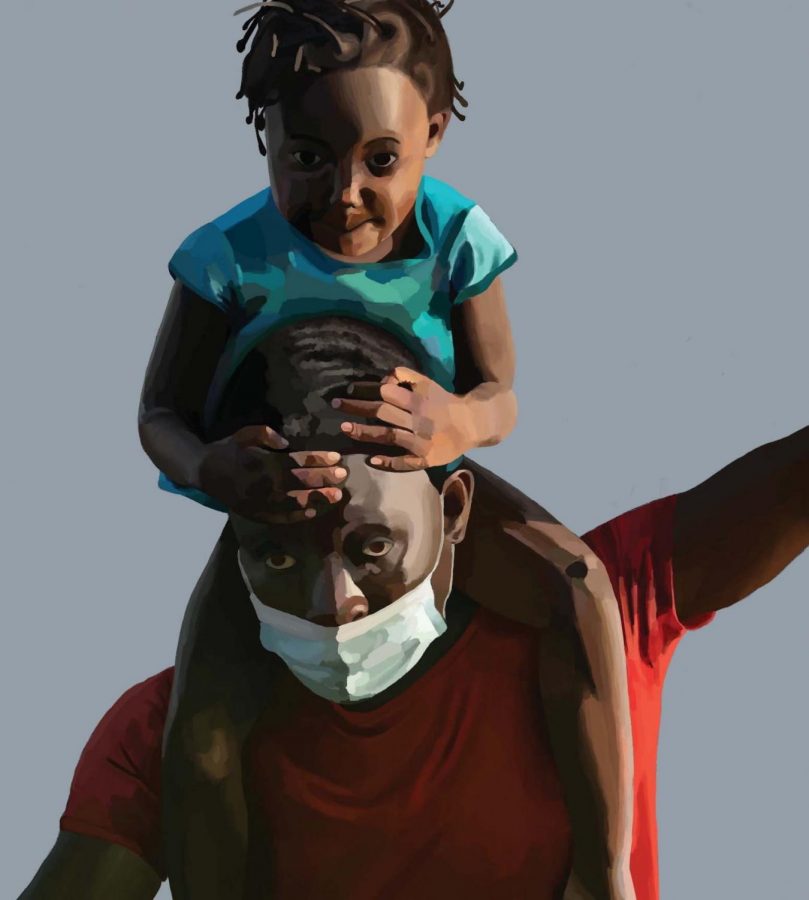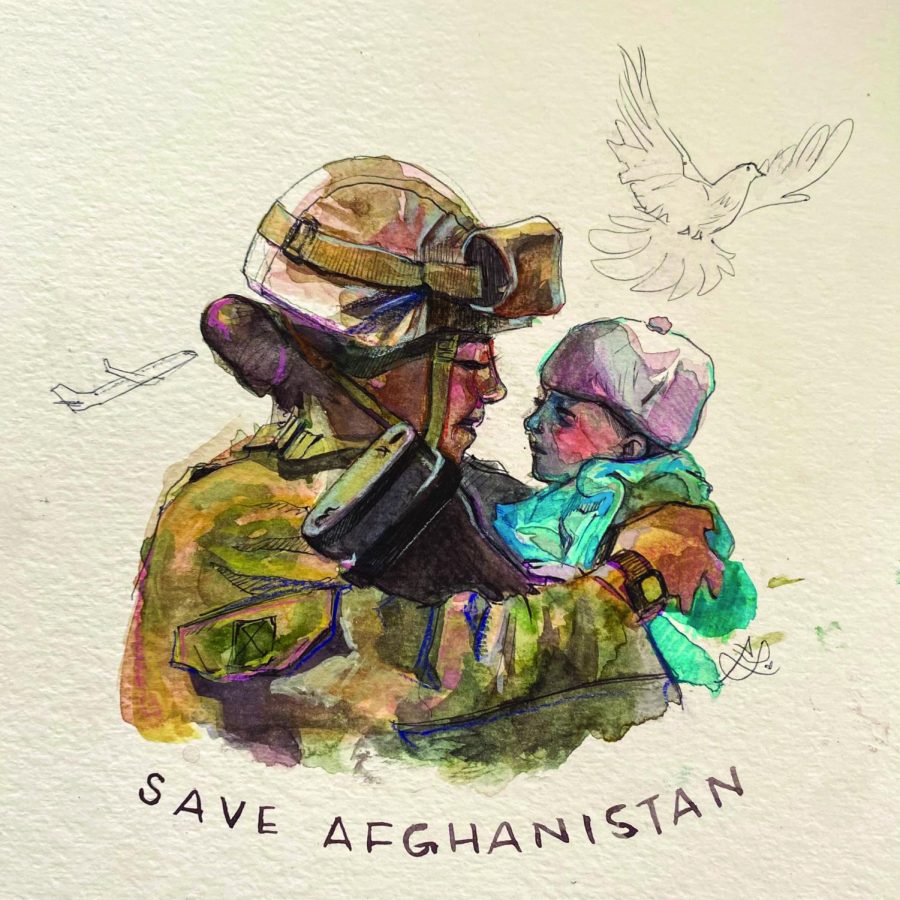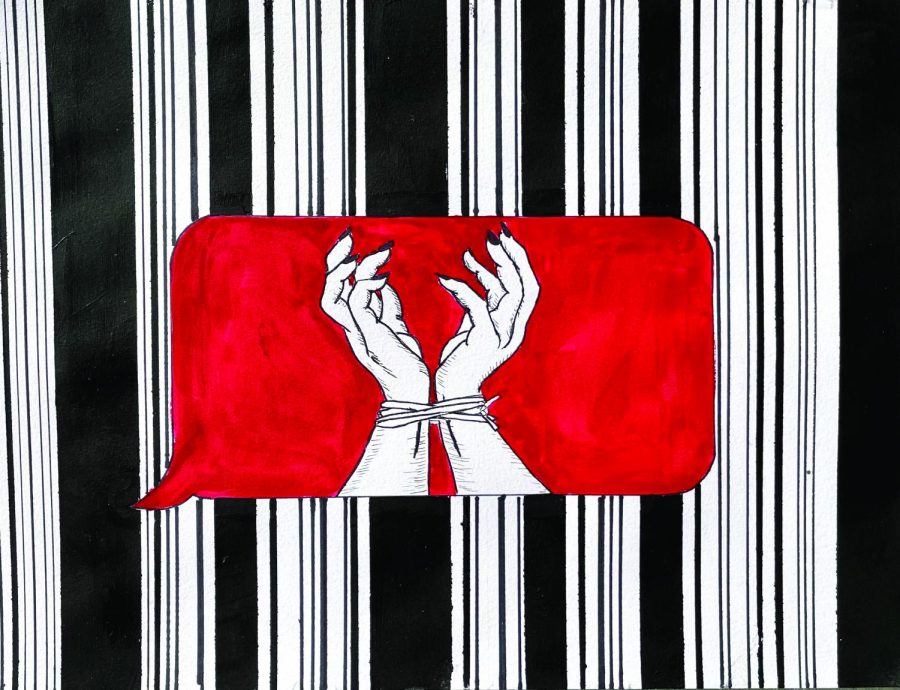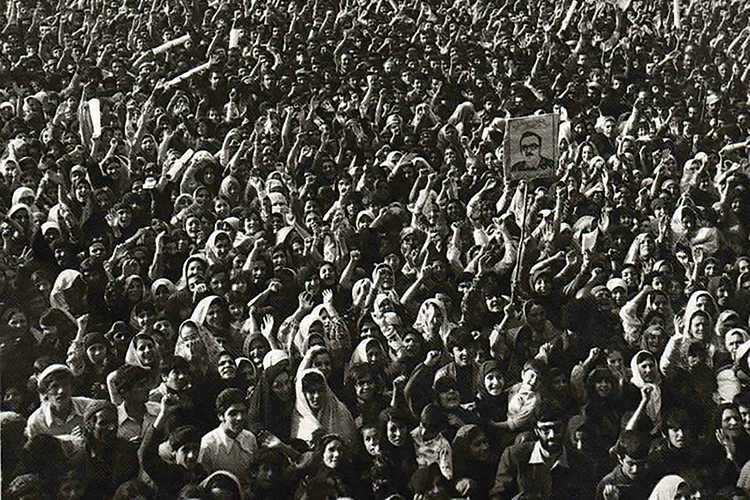The body of a Syrian 3-year-old boy washed up on the shores of Bodrum, Turkey on Sept. 2.
Alan Kurdi and his family, who, with the exception of patriarch Abdullah, drowned in the Mediterranean Sea after their boat capsized.
The family was trying to reach Canada after escaping civil war in Syria. Pictures of his death initiated worldwide attention to the Syrian conflict and the subsequent refugee crisis. Kurdi was just one of the 9 million Syrians that have been displaced from their homes and require humanitarian assistance.
The Syrian Civil War
The Syrian unrest began in early 2011 when people of North African and Middle Eastern countries rose up against their leaders in what was called the Arab Spring. This was already preceded with tensions against the president of Syria, Bashar al-Assad, due to his failure with promised political and economical reforms.
As the conflict gained more traction, it increasingly became more violent. Many ordinary Syrians took up arms as well as former members of the Syrian army, creating the Free Syrian Army. They were later joined by jihadists and freedom fighters who, post-Arab Spring, were on the side of the anti-government rebels.
College student, Kareem Sharba, who lives in Syria, has first hand experience with this conflict. He grew up in a small city, Tartous, before going to college in Homs, a relatively safe city. “There are only explosions and rockets – in Syria that’s considered a safe city. I witnessed two explosions
and almost got killed by one of them. I was one minute away from it; it happened near a primary school and a lot of kids got killed and others injured. Every month, five to 15 rockets fall all over the city,” Sharba said.
University of North Texas professor Nancy Stockdale specializes in Modern Middle Eastern History.
“The [Assad] regime responded with a tremendous force against the rebels and this ultimately led to the civil war,” Stockdale said. “That’s when we began to see people, in Syria, becoming displaced refugees. And some of them, beginning in [2011], began to leave the country.”
In August 2011, President Barack Obama signed an executive order supporting Assad’s removal.
“We have consistently said that President Assad must lead a democratic transition or get out of the way. He has not led,” Obama said at that time. “For the sake of the Syrian people, the time has come for President Assad to step aside.” This was the first U.S. involvement in the Syrian plight.
By the end of 2011, both the United States and the European Union had imposed economic sanctions against Syrian oil and petroleum. At that time, the United Nations’ refugee agency reported over 1.5 million people had already left Syria. Over the next two years, the civil war became more violent, and despite the efforts of many countries and humanitarian groups, the war continued to be the cause of countless civilian deaths.
“Anyone who criticizes the government goes to prison, is tortured and sometimes dies. “In the beginning the protests were peaceful, but [Assad] started taking people to prison and shooting protesters. Then the people began to buy weapons and fight; then the fanatics said that it was jihad to fight the government and more fanatics started to come to Syria. Now Syria is full of terrorists and the Syrians have two choices: ISIS or dictatorship,” Sharba said.
But increasing attacks by President Assad’s forces and the growing presence of ISIS in the area are fueling war. Because the conflict seems unlikely to be resolved, these circumstances have created an environment in which many people have been forced to leave Syria.
“There’s really no end in sight here because the Assad regime is getting a tremendous amount of support from places like Russia, and we know know that there are Russian troops on the ground fighting for Syria,” Stockdale said. “I think what will happen in the meantime is that more people will leave Syria, people who are displaced inside the country will be forced to leave the country, and it’s going to result in making it even harder for the country to stabilizeonce the war does end.”
Involvement from other countries often comes with their own agendas. “I know that none of the countries, whether it is USA or Russia, care about the human rights or the terrorism. They only care about their own interests. what I said is what every Syrian feels, lives and knows,” Sharba said.
Foreign Involvement
For the past several years, Syria’s neighboring countries – Lebanon, Jordan and Turkey – have been sheltering a combined 3.6 million Syrian refugees. As these countries cannot accommodate any more refugees, many are taking the dangerous journey for asylum in Europe rather than staying in the overcrowded refugee camps.
Upper School History Teacher Tracy Walder teaches a comparative government class that deals with different countries’ government policies.
“In the Middle East, they just put refugees in detainment camps, that’s what they do,” Walder said. “What we do is we physically relocate them; we give them jobs, social welfare [and] apartments.
In the Middle East, they don’t do any of that.” Refugee programs open the doors to a lot of opportunity for the recipients.
“Refugee plans give hope to the Syrians who have ambitions to learn in a better way, who want to live a better life, who seek opportunities and chances they can’t have here to learn and grow and become better human beings and those who want freedom,” Sharba said.
According to the International Organization for Migration, in 2015 alone, 473,887 people have arrived in Europe by sea, and of those, “at least 182,000 of those migrants have arrived from Syria – making Syrians just under 40 percent of this year’s total..”
Currently within the EU, there is a law called the Dublin Regulation. This requires the country in which the asylum-seeker first applies to be responsible for processing and documenting their application and then resettling them. This system causes problems primarily for the southern European countries, especially Italy, Greece and Hungary, where the bulk of the refugees are arriving.
“The countries that are in southern Europe and eastern Europe, who are absorbing these refugee populations… they are among the worst economically in the EU,” Stockdale said. “They’re not able to economically absorb these groups.” Jean-Claude Juncker, the President of the European Commission, recently released a plan for how to deal with the crisis.
“We Europeans should remember well that Europe is a continent where nearly everyone has at one time been a refugee. Our common history is marked by millions of Europeans fleeing from religious or political persecution, from war, dictatorship or oppression,” Juncker said to the European Commission last month.
Juncker went on to explain how redistribution of the refugees would take the burden off of southeastern nations.
“I call on Member States to adopt the Commission proposals on the emergency relocation of altogether 160,000 refugees at the Extraordinary Council of Interior Ministers on 14
Sept.,” Juncker said. “We now need immediate action. We cannot leave Italy, Greece and Hungary to fare alone.”
In response to this first call to action, there has been a lot of opposition.
The Prime Minister of Hungary, Viktor Orban, responded saying that countries taking in refugees and then distributing them to other states is “mad and unfair.” He especially believes that the influx of many more refugees will be “a threat to Europe’s Christian identity.”
The Chancellor of Germany, Angela Merkel, has said that that there is no legal limit to the amount of refugees that are allowed into Germany.
However, Germany reinstated border control with Austria to try and stem the flow of refugees into the country.
Thus far, Germany has allowed in more refugees than any other European country.
“A lot of the refugees face discrimination in countries that they go to. So, now people are asking the Middle East to open their doors, but the Middle East does not actually recognize the concept of a refugee,” Walder said. “They do not grant refugee status, which is a problem. I think some [refugees] genuinely want to go there; some want to go to Europe, but it’s upsetting to me that [the Middle East is] not opening their doors.”
According to the White House website, the “total U.S. humanitarian assistance since the start of the conflict in March 2011 is now more than $4.1 billion. The United States remains the single-largest donor of humanitarian aid for those affected by the Syrian crisis, which has become the biggest humanitarian emergency of our era.”
Secretary of State John Kerry said on Sept. 9 that the United State’s government is “looking hard at the number that we can manage with respect to the crisis in Syria and Europe. That’s being vetted fully right now.”
“But that’s just a drop in the bucket when you’re thinking of over 4 million Syrians outside of Syria and over 10 million displaced inside the country,” Stockdale said.
Sharba hopes to join the 4 million people who have fled the country.
“I lost hope from this country, and as soon as I get the chance to get out of it I will- just like millions of Syrians who decided to take a leap of faith towards freedom,” Sharba said.













